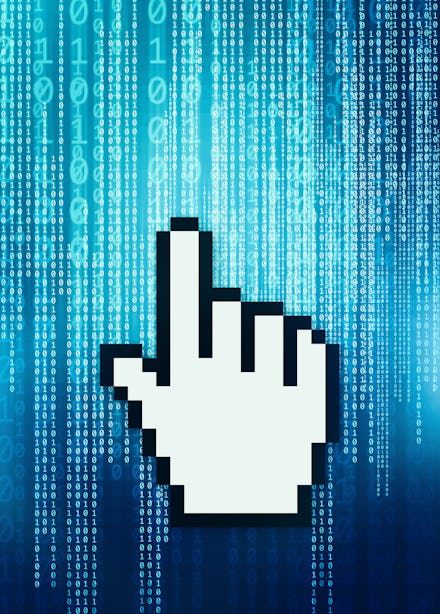The COVID-19 relief bill makes illegal streaming a felony. Here's what you need to know

Late Monday night, the second COVID stimulus package in nine months passed through both chambers of Congress. Although the main focus was on its relief for struggling Americans — a round of $600 direct payments, and an additional $300 in federal unemployment assistance for 11 weeks — there was a whole lot more nestled into its 5,593 pages. One of the more alarming tidbits was an act that makes illegal streaming a felony, with penalties of up to 10 years in prison.
But if you’re one of the unspecified millions who’ve pulled up an NFL stream on Reddit, watched a pirated movie, or streamed music illegally, this wouldn’t place you in danger of felony charges. The Protecting Lawful Streaming Act of 2020, penned by Republican Senator Thom Tillis of North Carolina, instead sets its sights on “commercial, for-profit streaming piracy services.” In other words, the streamers themselves who deprive studios and creators of additional profits. Tillis explained the rationale in a statement earlier this month:
“The shift toward streaming content online has resulted in criminal streaming services illegally distributing copyrighted material that costs the U.S. economy nearly $30 billion every year, and discourages the production of creative content that Americans enjoy,” said Senator Tillis. “This commonsense legislation was drafted with the input of creators, user groups, and technology companies and is narrowly targeted so that only criminal organizations are punished and that no individual streamer has to worry about the fear of prosecution. That’s why groups as diverse as CCIA and Public Knowledge are neutral on this proposal.”
So while it may not be scary to the average streaming consumer in the way this misleading tweet from the Hollywood Reporter suggests, there are still significant and concerning copyright implications in the new stimulus. In addition to the questions this raises for electronic artists streaming music other than their own in DJ sets, it creates some new copyright loopholes for big tech. As the advocacy group Electronic Frontier Foundation points out, the Protecting Lawful Streaming Act, paired with the CASE Act and the Tillis-led Digital Millennium Copyright Act could devastate all corners of routine web use.
In setting up a Copyright Office, EFF warns this bill grants untold regulatory powers to the government — and loopholes for big tech and service providers. “Under the Digital Millennium Copyright Act (DMCA), service providers get immunity from copyright liability if their users commit infringement if they meet certain requirements,” EFF posted on Tuesday. Further, the DMCA provisions would allow the copyright office to terminate your household’s internet access on the grounds of a single claim of copyright infringement.
Although the stimulus package provided venues and movie theaters with a much-needed lifeline, it introduces a whole slew of concerning copyright developments — right ahead of an expected surge in film piracy, with a major studio like Warner Bros. moving its entire blockbuster slate to streaming for the coming year. In any event, the unprecedentedly lengthy package was never going to just assist working Americans, nor provide anything close to adequate relief for those hurting the most.